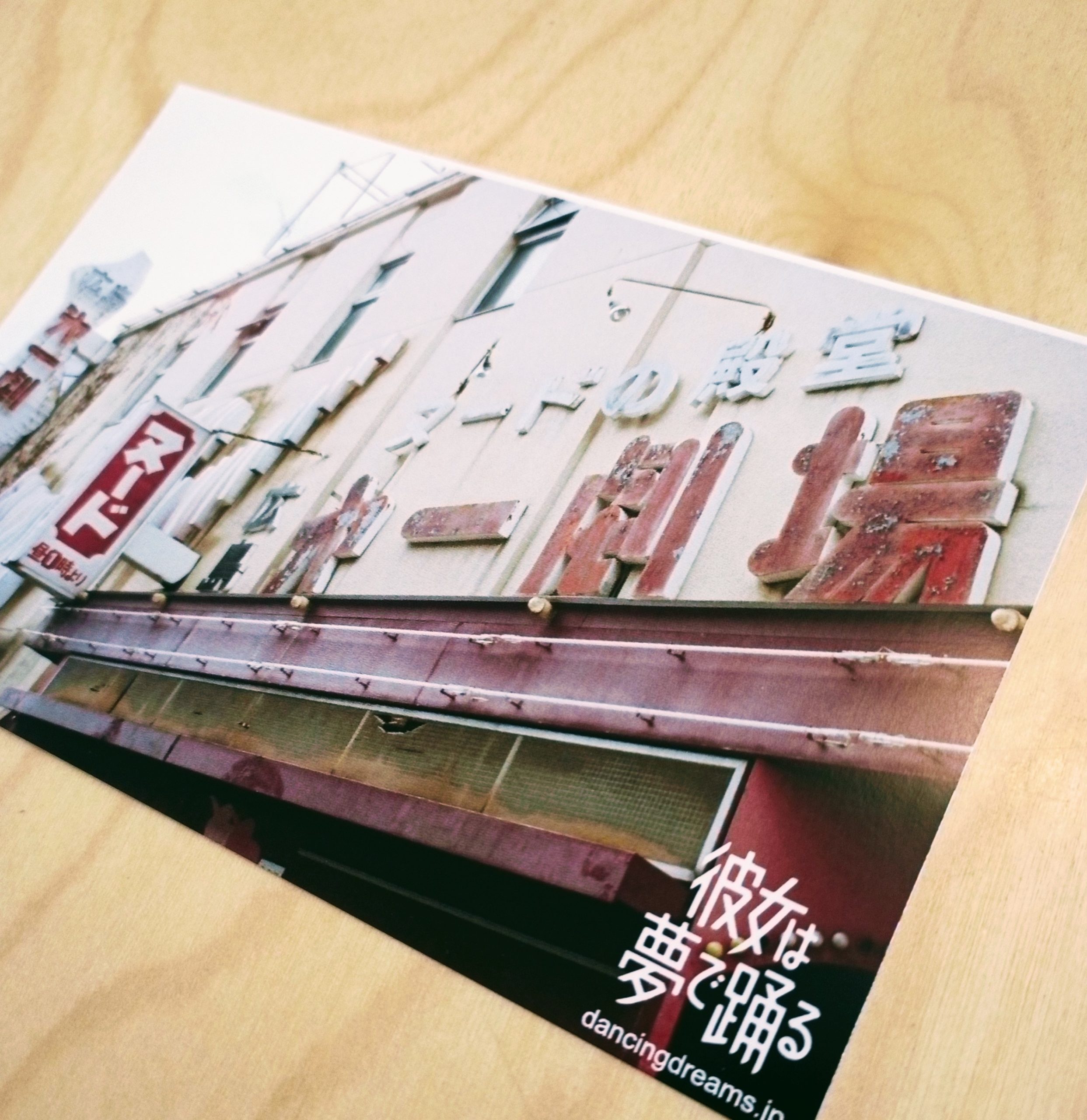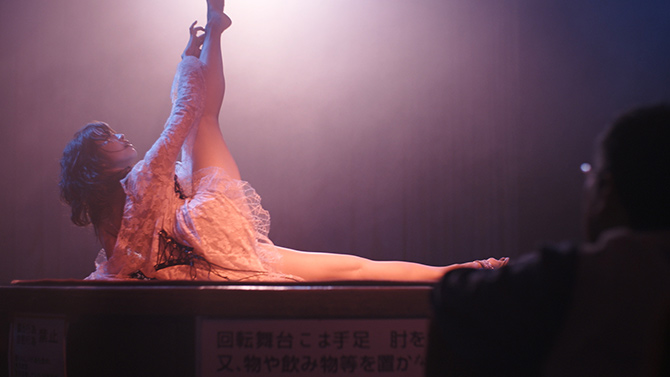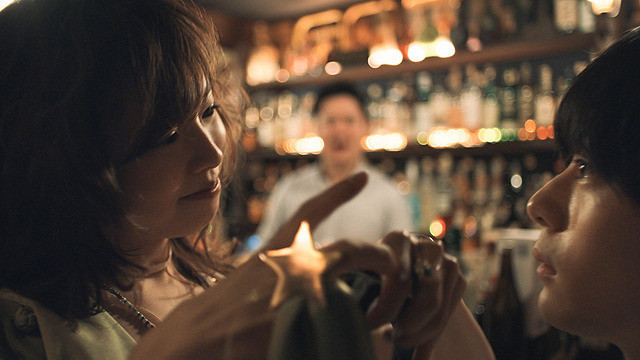MOVIE

She dances in her dreams
2019/95min./PG12/Japan
Directed by Eisuke Tokikawa
Story
The story takes place at a long-established strip theater in Hiroshima. The number of customers is drastically decreasing and the theater is forced to close. Kinoshita, the president of the company, thinks back to the glamorous days of the past and recalls a distant love that he had forgotten. Then the curtain rises on the final performance. The audience gazed across the naked stage at something that was ending. After the show, Kinoshita sits alone in the audience and has a vision of the dancer he once loved…
☆☆☆
A long time ago, in a drunken stupor, we talked about going to an adult movie theater in Shinkaichi(Japanese city).
I thought there would be no one there, but there were surprisingly many people, and the lobby was small and not filthy.
Surprised by the unexpectedly large number of people, we took a seat in the front and drank chuhai, excited to see the beginning of a film that was like a Showa Roman Porno movie, but such a picnic mood disappeared in an instant.
This was because the old man sitting in front of us started watching us instead of the movie. My friend kicked the seat and glared at him (which he normally should not do), but to no avail. Horrified, I pulled my friend's hand and left the theater, saying, "Let's get out of here.
I had an indescribable bad aftertaste, a bad feeling. All the old men walking the streets of Shinkaichi looked dirty. We walked to the station in silence and had a hot cup of coffee in Sannomiya before leaving.
Well, it was a result of idle curiosity, but the fear I felt at that time was unforgettable, and it made me realize how much I usually live in a world where violence is not a part of my life.
Yes, gazing is a form of violence. Especially if it has a sexual connotation to it.
The film deals with striptease. I have never seen a striptease before, but I imagine it would have a variety of customers. I've heard that there are many female customers these days, but the purpose is still the same: to see women naked. I wondered how determined the dancers were to dance in response to those eyes.

If you want to pursue artistry, you don't have to take your clothes off. In the past, it would have been easy, but nowadays, it's not a very lucrative business. Can we get over this just because there are people who are happy to see us? Isn't it an arduous task to keep dancing even under the violence of stares?
Yes, there's something about the strip that reminds me of hard work.
Daily dance lessons. Life in the downtown area. Daily violence. Many of these women have their own reasons for being in the shadows, and those reasons vary. They have not been living comfortably in a privileged environment. They have a lot of karma on their shoulders, and they live earnestly in order to escape it.
"I like to dance, I just dance. ・・・・・ I can't live well…"
Sarah, the main character, says.
The scene where she takes off her clothes one by one while bathing in the morning sun is very beautiful.
At the beginning of the film, Radiohead's "Creep" plays in the scene where Sara meets Shintaro. When you hear that, you might think it's a bit of a cliché, but it's sure to grab the attention of 90s fans. In addition to that, the scene where she reminisces about her old lover at the closing strip joint is like "New Cinema Paradise," which also grabbed my heart. It was a film that grabbed my heart to the point of frustration.

The Hiroshima Daiichi Gekijo, where the film is set, is still in existence after two failed attempts to close it. (It is said to be closed in the film.) There are only a few strip theaters left in Japan. I hope that many of the dancers are free from their karma and are living their own lives, and I hope that the striptease culture will remain as an art form.
Yukiko Yako


